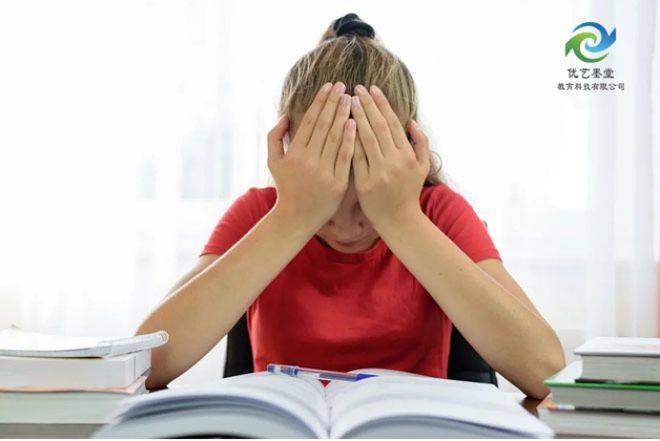“Physical Weakness, Poor Health”: The Hidden Push and Comprehensive Analysis of Depression
In exploring the complex interconnections between human health and mental well-being, the state of “physical weakness and poor health” appears to be a physical condition, yet it profoundly impacts our emotions and psychological state, particularly in its significant, often overlooked connection to the widely prevalent mental disorder of depression. This article will delve into the interaction between physical weakness and depression from multiple dimensions, examining its causes, mechanisms, and coping strategies, aiming to provide readers with a more comprehensive and in-depth understanding. Shaanxi Psychological Consulting Co., Ltd.
1. The Profound Connotation of Physical Weakness in Traditional Chinese Medicine
In traditional Chinese medicine, “physical weakness” is a broad and profound concept, referring not only to diminished bodily functions but also to the balance of Qi, blood, yin, and yang. Traditional Chinese medicine views the human body as a dynamic, balanced whole; when this balance is disrupted, conditions such as Qi deficiency, blood deficiency, yin deficiency, and yang deficiency emerge, affecting the body’s physiological functions and resulting in a series of symptoms. Individuals with Qi deficiency often experience shortness of breath and reduced speech, fatigue, and spontaneous sweating; those with blood deficiency may appear pallid, experience palpitations, and have insomnia; those with yin deficiency may be prone to internal heat, irritability, and anger; and those with yang deficiency may be sensitive to cold, with cold extremities and lack of energy. These physical imbalances not only compromise individual health but also gradually erode the foundation of psychological well-being.
2. Physical Weakness and Depression from a Modern Perspective
Modern perspectives also emphasize the close relationship between physical health and mental health. Depression, as a common psychological disorder, has a complex and varied mechanism, but an increasing body of research shows that physical weakness is a significant contributing factor. Physical weakness may arise from various causes, including chronic discomfort, malnutrition, poor recovery from surgery, and prolonged fatigue; these factors lead to a decline in bodily functions, subsequently affecting the balance of neurotransmitters in the brain, triggering emotional regulation disorders, and ultimately resulting in the onset of depression.
3. The Bidirectional Interaction Between Physical Weakness and Depression
1. Physical Weakness Inducing Depression
The inducing effect of physical weakness on depression is primarily reflected in several aspects:
· Decline in physiological function: The reduction of physiological functions due to physical weakness, such as sleep disorders, decreased appetite, and fatigue, directly affects an individual’s emotional state, making them more prone to feelings of frustration, helplessness, and hopelessness.
· Endocrine system disorders: Physical weakness may accompany disruptions in the endocrine system, such as abnormalities in the secretion of thyroid hormones and adrenaline; these hormones play vital roles in regulating emotions and energy metabolism, and their disruption undoubtedly exacerbates the low mood.
· Immune system function decline: Physical weakness may also weaken immune system functionality, making individuals more susceptible to infections and other health issues, increasing psychological stress and the risk of depression.
2. Depression Worsening Physical Weakness
Simultaneously, depression can exacerbate the state of physical weakness, creating a vicious cycle:
· Changes in lifestyle: Depressed patients often experience sleep disturbances, decreased appetite, and other related problems; these poor lifestyle habits further weaken bodily functions, leading to fatigue and malnutrition.
· Lack of exercise and social interaction: Depressed individuals often lack physical activity and social engagement.


